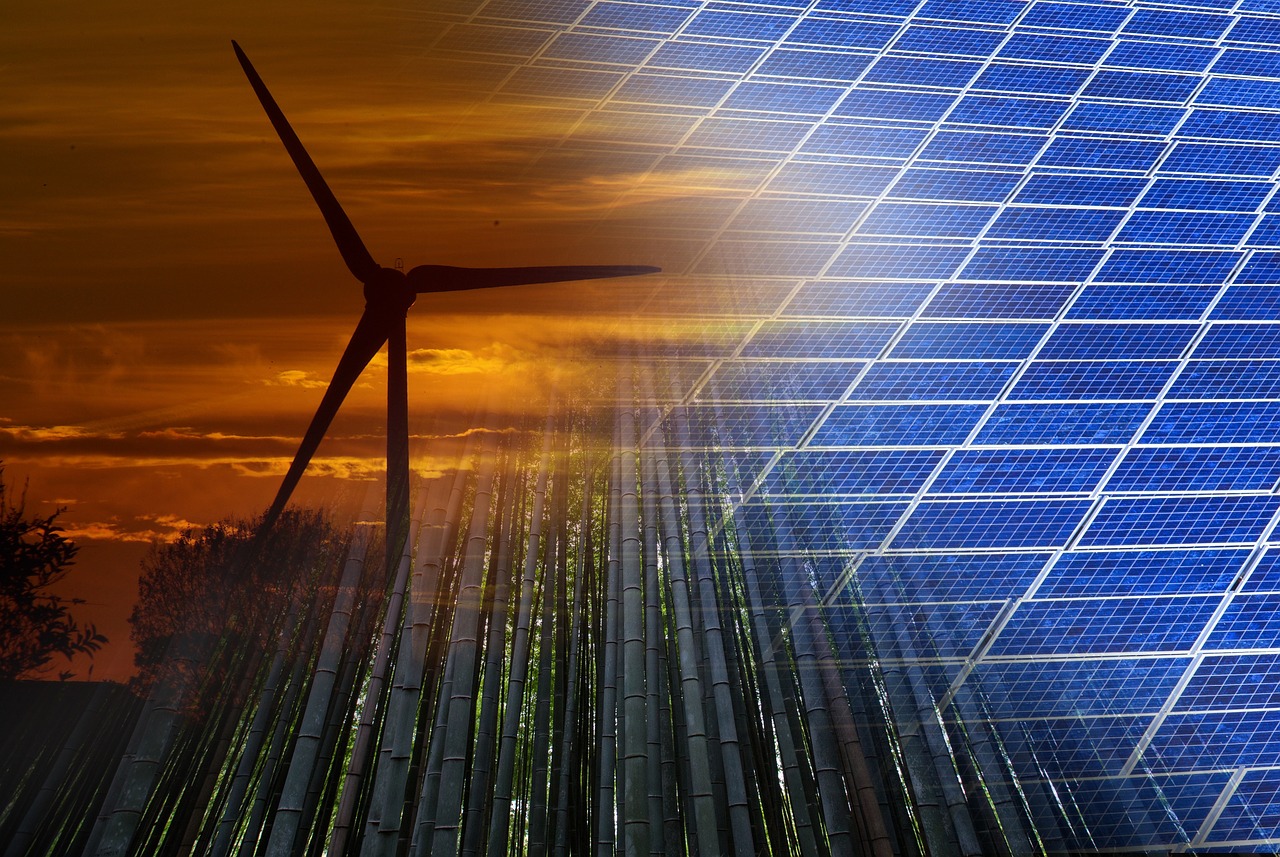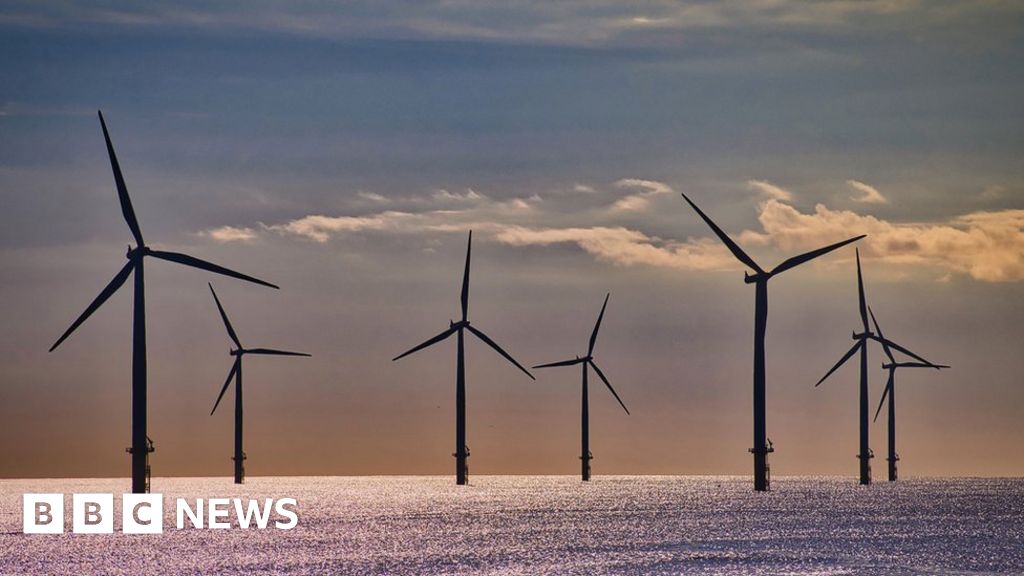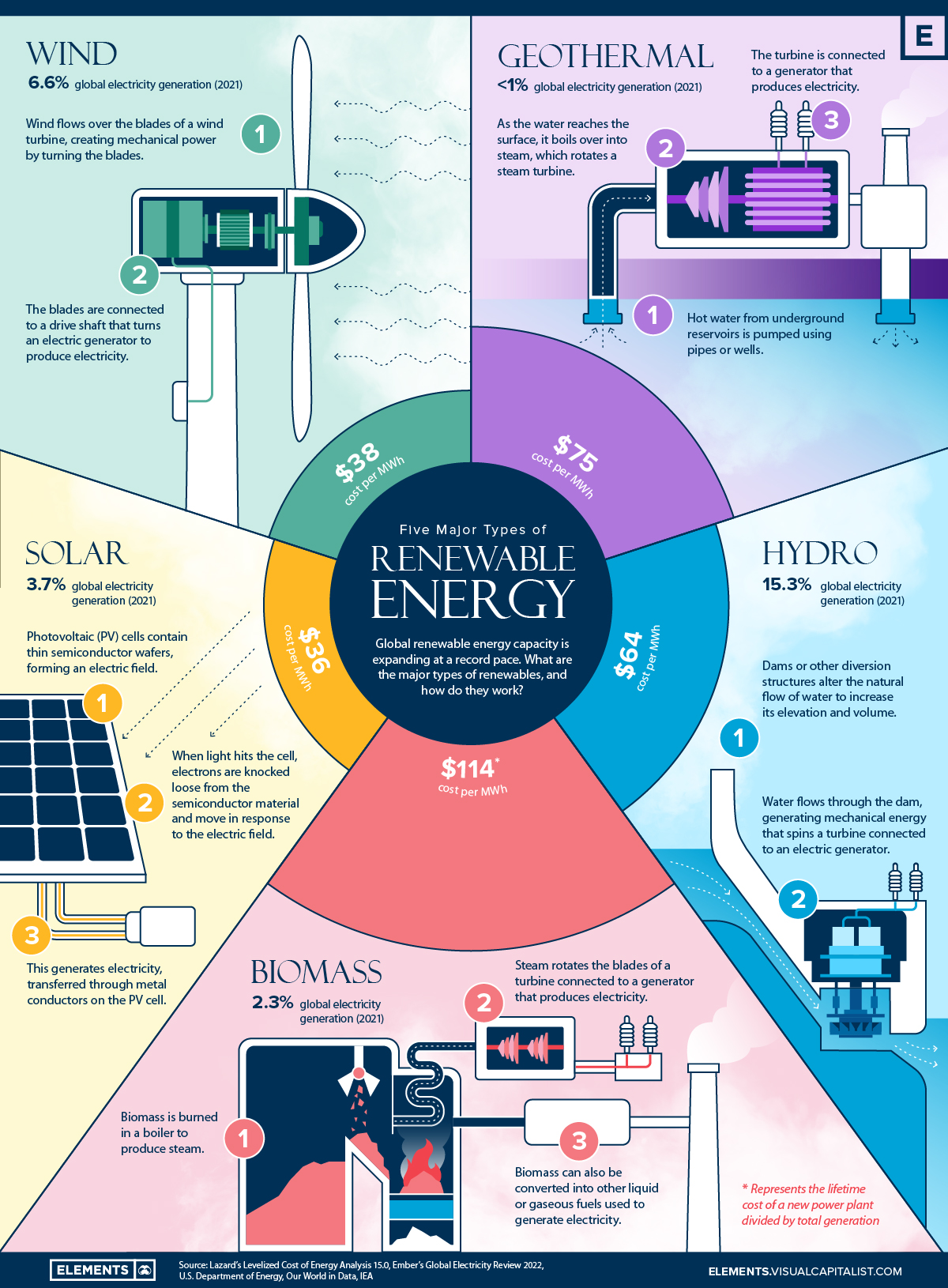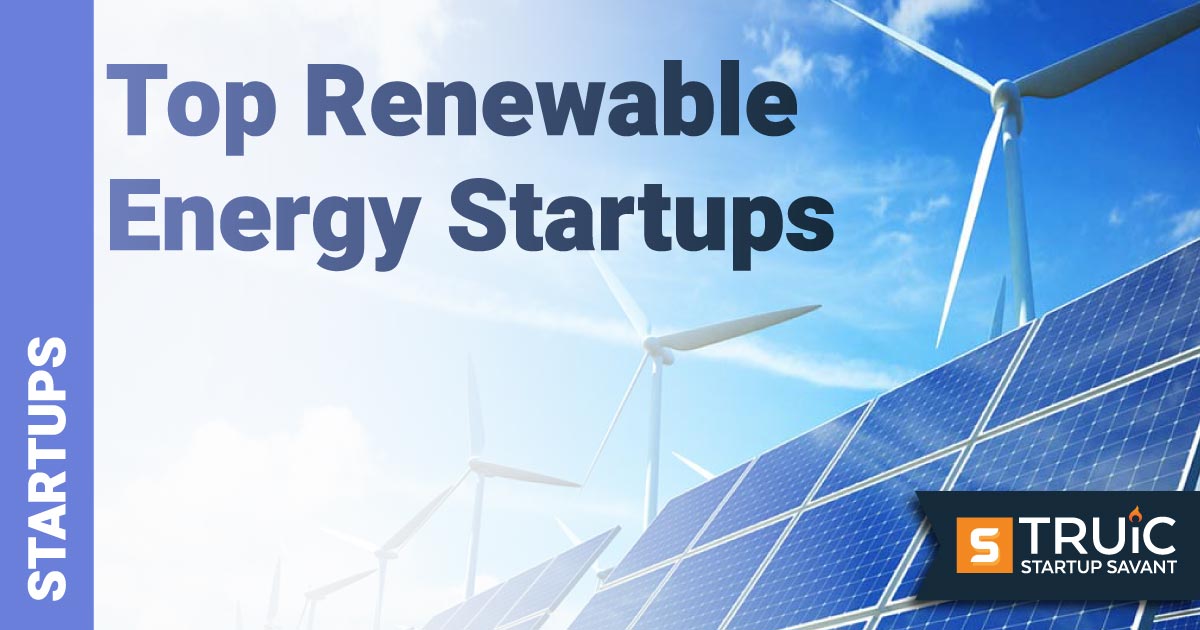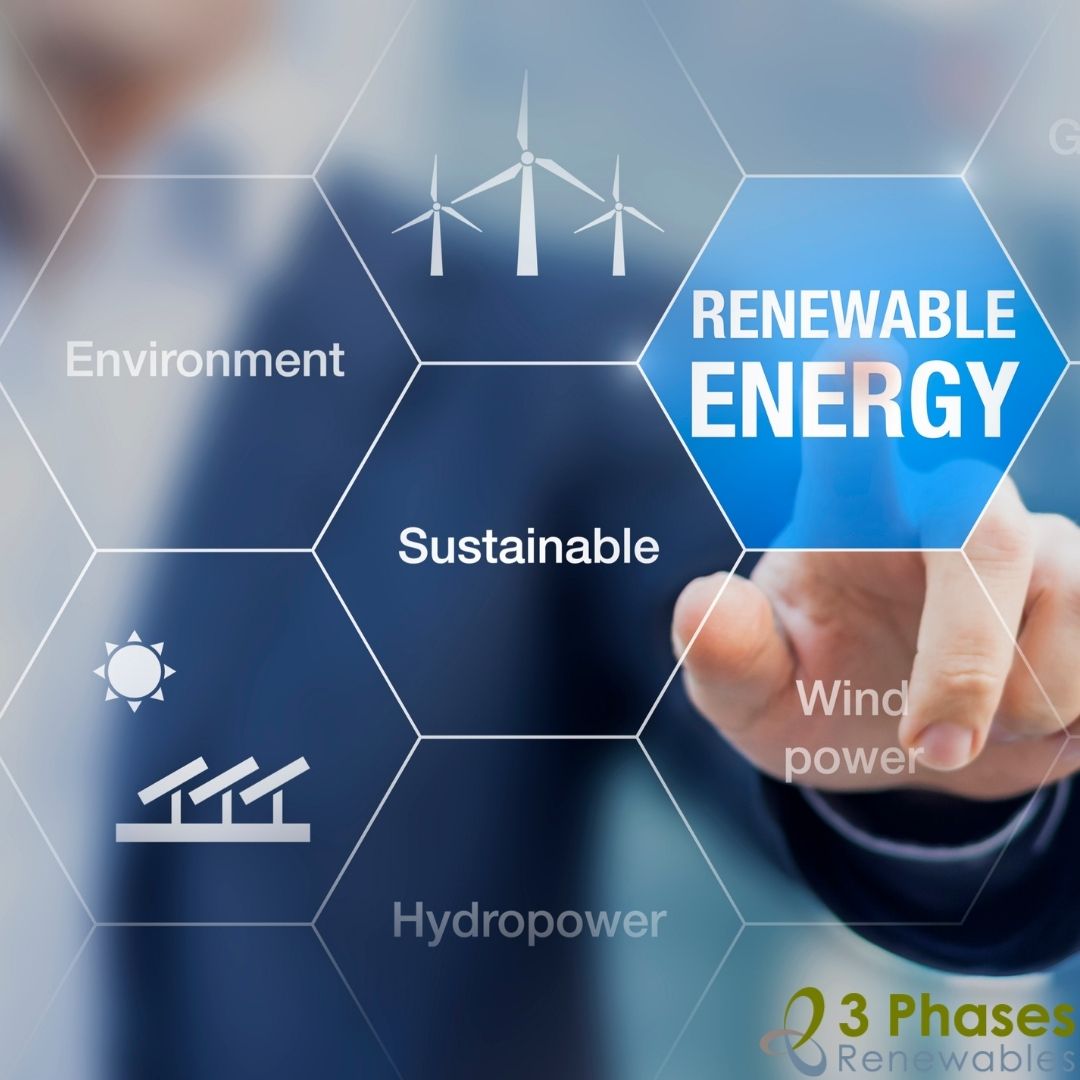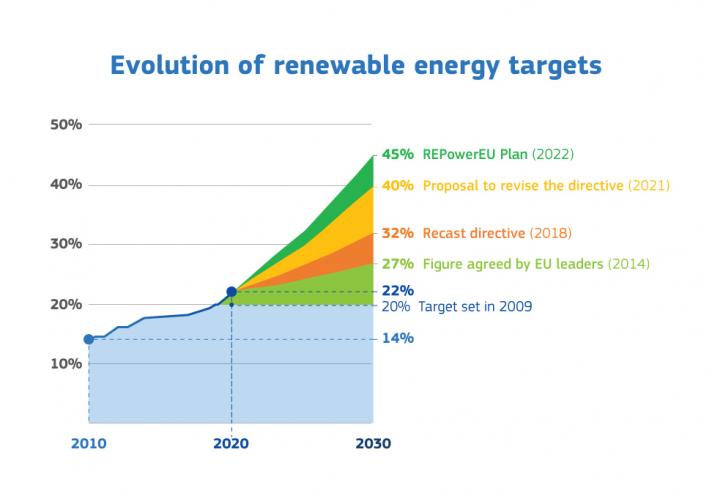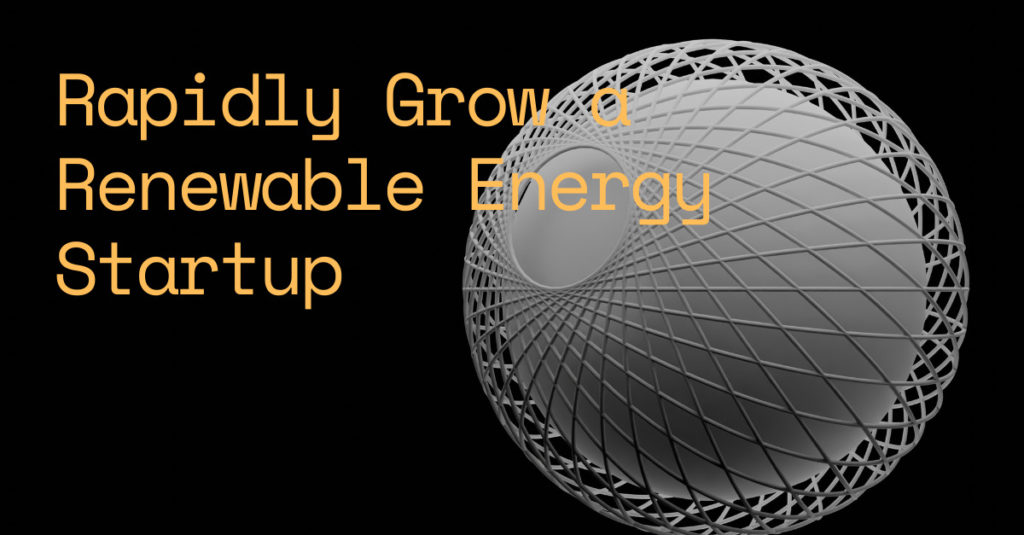Why Renewable Energy is a Game-Changer for New Businesses
Renewable energy is revolutionizing the way startups operate, providing a sustainable and cost-effective solution to traditional energy sources. By harnessing the power of solar, wind, hydro, and geothermal energy, startups can reduce their energy costs, increase their brand reputation, and comply with environmental regulations. In fact, a study by the National Renewable Energy Laboratory found that companies that invest in renewable energy can expect to see a significant reduction in their energy bills, with some companies saving up to 20% on their energy costs.
Moreover, renewable energy can help startups achieve their sustainability goals and improve their bottom line. By investing in renewable energy, startups can reduce their carbon footprint, improve their brand image, and attract environmentally conscious customers. According to a survey by the Pew Research Center, 77% of Americans consider the environment when making purchasing decisions, making sustainability a key factor in business success.
Furthermore, renewable energy can provide startups with a competitive edge in the market. By adopting renewable energy, startups can differentiate themselves from their competitors, attract top talent, and improve their overall business performance. In fact, a study by the Harvard Business Review found that companies that invest in sustainability outperform their competitors financially, with a 4.8% higher return on investment.
Renewable energy for startups is no longer a nicety, but a necessity. With the increasing demand for sustainable products and services, startups that fail to adopt renewable energy risk being left behind. By investing in renewable energy, startups can future-proof their business, reduce their environmental impact, and improve their bottom line.
In conclusion, renewable energy is a game-changer for new businesses, providing a sustainable and cost-effective solution to traditional energy sources. By harnessing the power of renewable energy, startups can reduce their energy costs, increase their brand reputation, and comply with environmental regulations. As the demand for sustainable products and services continues to grow, startups that adopt renewable energy will be well-positioned for success in the market.
How to Choose the Right Renewable Energy Source for Your Startup
When it comes to selecting a renewable energy source for your startup, there are several options to consider. The most common types of renewable energy sources include solar, wind, hydro, and geothermal energy. Each of these sources has its own unique benefits and drawbacks, and the right choice for your startup will depend on a variety of factors, including your location, energy needs, and budget.
Solar energy is one of the most popular renewable energy sources for startups, and for good reason. Solar panels are relatively easy to install and maintain, and they can be used to generate electricity in a variety of locations. However, solar energy may not be the best choice for startups that are located in areas with limited sunlight or that have limited roof space.
Wind energy is another popular option for startups, particularly those that are located in areas with strong and consistent winds. Wind turbines can be used to generate electricity on a large scale, making them a good choice for startups with high energy needs. However, wind turbines can be noisy and may not be suitable for startups that are located in urban areas.
Hydro energy is a good choice for startups that are located near a body of water, such as a river or ocean. Hydroelectric power plants can be used to generate electricity on a large scale, making them a good choice for startups with high energy needs. However, hydro energy may not be suitable for startups that are located in areas with limited water resources.
Geothermal energy is a good choice for startups that are located in areas with significant geothermal activity. Geothermal power plants can be used to generate electricity on a large scale, making them a good choice for startups with high energy needs. However, geothermal energy may not be suitable for startups that are located in areas with limited geothermal resources.
When choosing a renewable energy source for your startup, it’s essential to consider your energy needs and budget. You should also consider the location and climate of your startup, as well as any local or national incentives that may be available for renewable energy adoption. By carefully evaluating your options and choosing the right renewable energy source for your startup, you can reduce your energy costs, increase your brand reputation, and contribute to a more sustainable future.
Assessing Your Startup’s Energy Needs and Creating a Renewable Energy Plan
Before investing in renewable energy, it’s essential to assess your startup’s energy needs and create a comprehensive plan. This will help you determine the best renewable energy source for your business and ensure a successful implementation. Here are some steps to follow:
Conduct an energy audit: Start by conducting an energy audit to determine your startup’s energy usage patterns. This will help you identify areas of inefficiency and opportunities for energy savings. You can hire a professional to conduct the audit or use online tools to do it yourself.
Set energy goals: Once you have a clear understanding of your energy usage, set specific energy goals for your startup. This could include reducing energy consumption by a certain percentage or switching to 100% renewable energy.
Develop a renewable energy plan: Based on your energy goals, develop a comprehensive renewable energy plan. This should include a detailed analysis of your energy needs, a review of available renewable energy sources, and a plan for implementation.
Consider your budget: When creating your renewable energy plan, be sure to consider your budget. Renewable energy solutions can vary significantly in cost, so it’s essential to choose a solution that fits within your budget.
Seek professional advice: If you’re not sure where to start or need help developing a renewable energy plan, consider seeking professional advice. There are many experts in the field of renewable energy who can provide guidance and support.
Monitor and adjust: Once you’ve implemented your renewable energy plan, be sure to monitor your energy usage and adjust your plan as needed. This will help you ensure that you’re meeting your energy goals and making the most of your renewable energy investment.
By following these steps, you can create a comprehensive renewable energy plan that meets your startup’s unique needs and helps you achieve your sustainability goals. Remember to stay flexible and adjust your plan as needed to ensure the best possible results.
Renewable Energy Technologies for Startups: A Review of Solar and Wind Options
When it comes to renewable energy technologies for startups, solar and wind options are two of the most popular choices. Both technologies have their pros and cons, and the right choice for your startup will depend on your specific energy needs and goals.
Solar panels are a popular choice for startups because they are relatively easy to install and maintain. They can be installed on rooftops or in solar farms, and they can generate electricity in a variety of locations. However, solar panels can be expensive, and they may not be suitable for startups with limited roof space or high energy needs.
Wind turbines are another popular choice for startups, particularly those with high energy needs. They can generate electricity on a large scale, making them a good choice for startups with high energy demands. However, wind turbines can be noisy and may not be suitable for startups located in urban areas.
When considering solar and wind options for your startup, it’s essential to evaluate the cost, efficiency, and maintenance requirements of each technology. Solar panels and wind turbines can vary significantly in cost, and the maintenance requirements can be different depending on the technology and location.
In addition to the cost and maintenance requirements, it’s also essential to consider the energy efficiency of each technology. Solar panels and wind turbines can generate electricity at different rates, and the energy efficiency can vary depending on the technology and location.
Some of the most popular solar panel technologies for startups include monocrystalline and polycrystalline solar panels. Monocrystalline solar panels are more efficient and durable, but they can be more expensive. Polycrystalline solar panels are less expensive, but they may not be as efficient.
Some of the most popular wind turbine technologies for startups include horizontal axis wind turbines and vertical axis wind turbines. Horizontal axis wind turbines are more common and can generate electricity at a higher rate, but they can be noisy and may not be suitable for urban areas. Vertical axis wind turbines are less common, but they can be quieter and more suitable for urban areas.
By evaluating the pros and cons of solar and wind options, startups can make an informed decision about the best renewable energy technology for their business. Whether you choose solar panels or wind turbines, renewable energy can help your startup reduce energy costs, increase brand reputation, and comply with environmental regulations.
Financing Renewable Energy Projects for Startups: Options and Incentives
Financing renewable energy projects can be a significant challenge for startups, but there are several options and incentives available to help make these projects more accessible. In this section, we will discuss some of the most common financing options and incentives for renewable energy projects, including grants, loans, and crowdfunding.
Grants are a type of financing that does not need to be repaid. They are often provided by government agencies or non-profit organizations to support the development of renewable energy projects. Grants can be used to cover a portion of the upfront costs associated with a renewable energy project, such as the cost of purchasing and installing solar panels or wind turbines.
Loans are another type of financing that can be used to support renewable energy projects. They are typically provided by banks or other financial institutions and must be repaid with interest. Loans can be used to cover the full cost of a renewable energy project, including the cost of purchasing and installing equipment, as well as ongoing maintenance and operation costs.
Crowdfunding is a type of financing that involves raising money from a large number of people, typically through an online platform. Crowdfunding can be used to support renewable energy projects by allowing individuals to contribute money to support the development of a project. In return, contributors may receive rewards or equity in the project.
In addition to these financing options, there are also several incentives available to support the development of renewable energy projects. These incentives can include tax credits, rebates, and net metering laws. Tax credits can be used to reduce the amount of taxes owed on the income generated by a renewable energy project. Rebates can be used to reduce the upfront cost of a renewable energy project. Net metering laws allow homeowners and businesses to generate their own renewable energy and sell any excess back to the
Case Studies: Successful Startups that Have Adopted Renewable Energy
Several startups have successfully adopted renewable energy solutions, reducing their energy costs and environmental impact. Here are a few case studies of companies that have made the switch to renewable energy:
Company X, a software startup based in California, installed solar panels on the roof of their office building. The company was able to reduce their energy costs by 30% and decrease their carbon footprint by 50%. The solar panels also provided a unique marketing opportunity, as the company was able to showcase their commitment to sustainability to customers and investors.
Company Y, a manufacturing startup based in New York, installed wind turbines on their factory site. The company was able to reduce their energy costs by 25% and decrease their carbon footprint by 40%. The wind turbines also provided a reliable source of energy, reducing the company’s reliance on the grid and minimizing the risk of power outages.
Company Z, a retail startup based in Texas, installed solar panels on the roof of their store. The company was able to reduce their energy costs by 20% and decrease their carbon footprint by 30%. The solar panels also provided a unique marketing opportunity, as the company was able to showcase their commitment to sustainability to customers and investors.
These case studies demonstrate the benefits of adopting renewable energy solutions for startups. By reducing energy costs and environmental impact, companies can improve their bottom line and enhance their brand reputation. Additionally, renewable energy solutions can provide a unique marketing opportunity, allowing companies to showcase their commitment to sustainability to customers and investors.
When adopting renewable energy solutions, startups should consider several factors, including the cost of installation, the potential energy savings, and the environmental impact. Companies should also consider the availability of incentives, such as tax credits and rebates, which can help offset the cost of installation.
By carefully evaluating these factors and considering the benefits of renewable energy solutions, startups can make an informed decision about whether to adopt renewable energy. With the right solution in place, companies can reduce their energy costs, enhance their brand reputation, and contribute to a more sustainable future.
Overcoming Common Challenges to Renewable Energy Adoption for Startups
While renewable energy can be a game-changer for startups, there are several common challenges that can make adoption difficult. In this section, we will discuss some of the most common challenges and provide tips and strategies for overcoming them.
High Upfront Costs: One of the biggest challenges to renewable energy adoption is the high upfront cost of installation. While the cost of renewable energy technologies has decreased over the years, it can still be a significant investment for startups. To overcome this challenge, startups can consider financing options such as loans or grants, or explore alternative installation methods such as leasing or power purchase agreements.
Lack of Expertise: Another challenge to renewable energy adoption is the lack of expertise within the startup. While some startups may have experience with renewable energy, others may not have the necessary knowledge or skills to install and maintain renewable energy systems. To overcome this challenge, startups can consider hiring a renewable energy consultant or partnering with a company that specializes in renewable energy installation and maintenance.
Limited Access to Financing: Limited access to financing is another common challenge to renewable energy adoption for startups. While there are several financing options available, such as loans and grants, they may not be accessible to all startups. To overcome this challenge, startups can consider alternative financing options such as crowdfunding or community-based financing models.
Intermittent Energy Supply: Renewable energy sources such as solar and wind are intermittent, meaning that they are not always available. This can make it difficult for startups to rely on renewable energy as their primary source of power. To overcome this challenge, startups can consider energy storage solutions such as batteries or other forms of energy storage.
Policy and Regulatory Barriers: Policy and regulatory barriers can also be a challenge to renewable energy adoption for startups. While some governments offer incentives and tax credits for renewable energy adoption, others may have policies and regulations that make it difficult for startups to adopt renewable energy. To overcome this challenge, startups can consider advocating for policy changes or partnering with organizations that specialize in renewable energy policy and advocacy.
By understanding these common challenges and developing strategies to overcome them, startups can successfully adopt renewable energy and reap the benefits of reduced energy costs, increased brand reputation, and compliance with environmental regulations.
Conclusion: Why Renewable Energy is a Smart Choice for Startups
In conclusion, renewable energy is a smart choice for startups looking to reduce their energy costs, increase their brand reputation, and comply with environmental regulations. With the benefits of renewable energy, startups can improve their bottom line, enhance their sustainability, and contribute to a more environmentally friendly future.
By considering the different types of renewable energy sources, assessing their energy needs, and creating a renewable energy plan, startups can make an informed decision about which renewable energy solution is best for their business. Additionally, by understanding the financing options and incentives available, startups can overcome common challenges and make renewable energy a reality.
As the world continues to shift towards a more sustainable future, startups that adopt renewable energy will be well-positioned for success. By making renewable energy a key part of their sustainability strategy, startups can differentiate themselves from their competitors, attract environmentally conscious customers, and contribute to a more sustainable future.
In summary, renewable energy is a game-changer for startups, offering a range of benefits that can improve their bottom line, enhance their sustainability, and contribute to a more environmentally friendly future. By considering the benefits of renewable energy and making it a key part of their sustainability strategy, startups can position themselves for success in a rapidly changing world.
Renewable energy for startups is no longer a nicety, but a necessity. With the benefits of renewable energy, startups can improve their bottom line, enhance their sustainability, and contribute to a more environmentally friendly future. By making renewable energy a key part of their sustainability strategy, startups can position themselves for success and make a positive impact on the environment.

